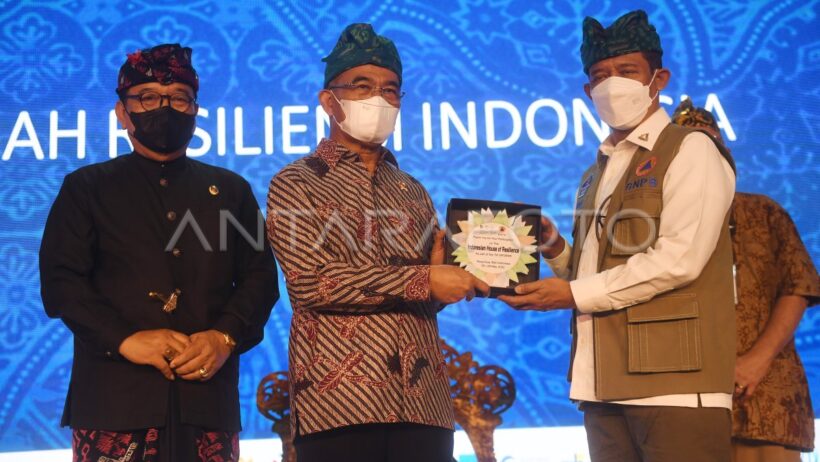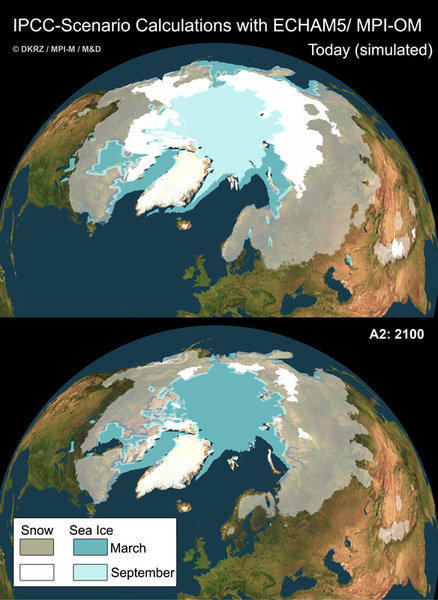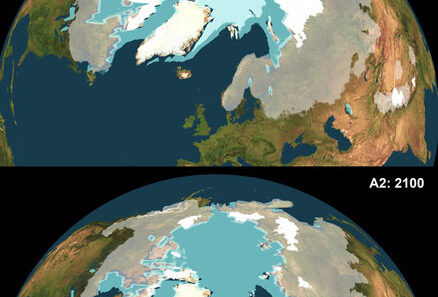As the world confronts the inexorable march of climate change, Indonesia, with its diverse ecosystems and expansive coastline, positions itself at the forefront of the battle against global warming. The implications of this challenge transcend environmental concerns; they directly influence Indonesia’s economic future, intertwining ecological integrity with economic viability.
Indonesia is an archipelagic nation comprised of over 17,000 islands, characterized by both rich natural resources and vulnerable ecosystems. As global temperatures continue to rise, Indonesia faces an array of challenges that threaten its economic stability. From rising sea levels to increased frequency of extreme weather events, the ramifications of climate change are profound and far-reaching.
One of the most immediate consequences of global warming for Indonesia is the severe risk of flooding due to rising sea levels. Coastal cities such as Jakarta are particularly susceptible. As the sea encroaches, infrastructure suffers damage, businesses face disruption, and livelihoods are jeopardized. Predictions indicate that if aggressive mitigation strategies are not employed, various regions may be submerged by the year 2050. The economic ramifications of such displacement would be catastrophic, leading to massive population displacement and a strain on resources.
Moreover, Indonesia’s economy is heavily reliant on agriculture, which is distinctly vulnerable to the vagaries of climate change. Disruptions in rainfall patterns manifest as droughts or excessive rainfall, compromising food security and agricultural productivity. The agricultural sector employs a significant portion of the population, and when this sector falters, so does the national economy. Strategies to enhance agricultural resilience, such as the adoption of climate-smart agriculture and integrated pest management, are imperative to mitigate these risks.
Climate change also exacerbates biodiversity loss, threatening Indonesia’s rich natural heritage. The nation is home to unparalleled biodiversity, yet increasing temperatures and shifting climates can lead to habitat loss and species extinction. This not only poses ethical concerns but also impacts tourism, which is a cornerstone of Indonesia’s economy. As ecological integrity diminishes, so do the unique attractions that draw visitors from around the globe.
In response to these challenges, Indonesia must embrace sustainable development as a strategy for economic resilience. Investment in renewable energy sources such as solar, wind, and geothermal energy can help reduce reliance on fossil fuels. The transition to a green economy not only addresses climate concerns but also opens avenues for innovation, job creation, and energy security. By prioritizing sustainability, Indonesia can harness its natural advantages while contributing to global efforts to combat climate change.
Furthermore, robust policies that promote eco-friendly practices across industries will be vital. The forestry sector, for instance, plays a crucial role in carbon sequestration. Sustainable forest management can foster both environmental preservation and economic benefits, ensuring that future generations inherit a vibrant landscape alongside a flourishing economy.
On a regional scale, coordinated efforts among ASEAN nations can synergize Indonesia’s climate adaptation strategies. Collaborative initiatives can facilitate knowledge sharing, technologic advancements, and resource allocation. Strengthening regional cooperation can enhance the efficiency of climate adaptation measures and build resilience against climate-induced economic shocks.
Public awareness and community involvement are also pivotal in the battle against climate change. Education campaigns that underscore the importance of sustainability can galvanize citizens to actively participate in eco-friendly initiatives. Grassroots movements can drive change, urging businesses and governments to prioritize sustainable practices. Individuals, when armed with knowledge, can become powerful agents of change within their own communities.
Moreover, fostering a culture of innovation can provide Indonesia with the tools necessary to adapt to climate change. Investment in research and development will allow for the exploration of new technologies and practices that enhance resilience. By nurturing ingenuity, Indonesia can craft solutions that are not only effective but also economically sustainable.
Financial mechanisms to support climate resilience are equally crucial. Mobilizing investments from both domestic and international sources can bolster Indonesia’s capacity to adapt to climate impacts. Green financing initiatives, carbon credits, and international funding for climate action can provide the necessary resources to underpin transformative projects across sectors.
The link between climate change and economic stability is undeniable. As global warming progresses, Indonesia’s economic prospects hinge on its ability to adapt and innovate. The pathway to a resilient economy necessitates a comprehensive approach that integrates environmental consciousness with economic strategies.
In conclusion, Indonesia stands at a pivotal juncture; the choices made today will reverberate through generations. Embracing sustainability, investing in green technologies, and prioritizing eco-friendly practices are not mere options but essential imperatives. The nation’s future hinges on a commitment to resilience; one that protects its rich biodiversity while ensuring economic stability. In this globalized era, every nation must contribute to combating climate change. Indonesia, harnessing its unique position, can emerge as a beacon of resilience and innovation, navigating the stormy seas of global warming towards a prosperous future.






